Tallulah, Queen of Clubs (1948-2008)
By Haydon Bridge
This tribute to the marvellous career of one of the UK’s greatest gay icons was first printed in QX issue 624 on 14th February 2007 to celebrate Tallulah’s induction into the House of Homosexual Culture’s Hall of Fame.
It scratches the surface not only of a 40 year DJ career but also of a great gay life. It was lived to the full from the secretive, exciting, pre-Wolfenden era, through the mad, hedonistic, disco days of the 70s, right up until Shadow Lounge a couple of weeks ago. Tallulah’s fame and recognition may have been limited by the fact that he was “just” a DJ. But those of us who knew him also knew that he was so much more than that, a giant of gay culture, a positive role model for younger men, and perhaps most importantly an all-round good person.
Fortunately his history will not be lost because his friend, writer Ian Cameron Williams, is now completing Tallulah’s biography. Princess Julia famously called Tallulah “the oldest DJ in the world.” Not true. Alan Keith was still a Radio 2 DJ when he died in 2003 aged 94. But what’s longevity compared to living legend status, which Tallulah’s about to achieve?
On 22nd February he’ll become the first inductee into the House of Homosexual Culture’s Hall of Fame. With typical modesty, he thinks Bette Bourne deserves the honour more than he. Even so, Tallulah’s track record is awe-inspiring and unique.
He was a DJ before the disco era, playing LPs on a single turntable, and he’s still a DJ today. Tallulah’s not good with dates, but even at a rough estimate that’s nearly 40 years. Along the way he’s been beaten up, shot at, and threatened with a knife. But nothing’s deterred him. He’s got every intention of exceeding Alan Keith’s record. Now Princess Julia is urging him on. “If you give up,” she reminded him recently, “I’m going to be the oldest.”
I tell Tallulah when we meet that I’m hoping for indiscretions about sex and drugs. “It’s everything I would have expected of QX,” he assures me. It turns out that only two topics are off-limits, his age and his real name. Well, who cares when there’s so much debauchery to reveal? But we’ll get to that later. First, the House of Homosexual Culture. “I’d been to a few of their events at the Drill Hall,” Tallulah tells me, “and they had a great Autumn Fayre at St John’s Church, Waterloo, that Ian McKellen opened.”
(Apparently Serena had such a great time selling fairy cakes at the Fayre that he then went around the corner to IMAX to
introduce a screening of Lord of the Rings, and ended the evening at Duckie). “If it’s good enough for him,” Tallulah continues, “I’m very honoured to be chosen.”
What can we expect of this gala evening? “I’m evidently on stage for about an hour being interviewed by Brian Robinson [programmer of the upcoming London Lesbian and Gay Film Festival] and we’re going to go decade by decade up to date until they give me the gong I presume.” Does he like talking about himself? “No, to tell the truth. It’s fine with friends. But there’s kids around who turn up at clubs I’m playing at and think, God, who’s that old queen up there? I think there’s a lot of them who don’t know who the hell I am, and there’s no reason why they should.”
Oh, yes, there is, Tallulah, and the history lesson starts here. Although born in Hamburg, where his caterer father was helping to re-establish the city’s hotel trade after World War II, Tallulah was brought up in Maidstone, where he got his sex education off his school’s toilet walls. “I thought if the toilet walls in school are like this,” he reasoned, “there must be toilet walls elsewhere.” Aged 15, he began investigating the local bus station, where there was a glory hole the size of a football.
“I didn’t even understand when a cock came through the wall,” he claims. “I didn’t know what to do with it. I don’t think I’d ever seen a hard cock.” (He tried prodding it with his finger). He soon met two more experienced young queens, who used the queer lingo Polari. “Oh, we’ve got to take you out,” they told him. Their first trip was to a rough old boozer called The Ship in Chatham, full of foreign merchant seamen, dyke whores “and a couple of smart queens propped at the bar with blow-dried hair, plucked eyebrows, tight trousers and pink shirts. If you wore a pink shirt you were queer straight off. I loved that look and I still love that look.” (But being “a very effeminate, fey child”, Tallulah usually chose for himself customised women’s clothes sometimes made from Simplicity patterns. Needless to say, he was “always getting beaten up.”)
What went on between Tallulah and the sailors at The Ship? “You couldn’t talk to them so it was straight in for a grope out the back in the car park against the wall.” Tallulah began to move further afield – Ramsgate, Broadstairs, then Canterbury, where the Queen’s Head was “packed full of vicars and priests, all very hoity-toity.” This is where Tallulah met pirate DJ “Tatty” Tom Edwards, who was 19 and seemed “really old.” Even at this time, in the 60s, queers usually had street or “West End” names. Tom’s was Elvira (after the black maid in Whatever Happened to Baby Jane?) and he gave Tallulah his name. He accepted it without knowing of bi-sexual actress Tallulah Bankhead. (Such is our Tallulah’s fame that both Judie Tzuke and Simon le Bon have named their daughters after him).
Although Tallulah was by now a fan of soulful singers (“I had to find someone to follow and I picked Cilla Black. She was my pin-up”) he was in no doubt that he would follow his Dad into the catering trade. After studying at Broadstairs College, he got a dream job at the Cora Hotel, Euston, which included his own apartment. He loved the area. “I thought I’d hit heaven. The hotel was opposite Euston and there was St Pancras and King’s Cross down the road. I called them the Holy Trinity. Sunday was the best day because all these soldiers poured off the trains and had nowhere to go. I used to keep those boys very happy.”
Tallulah began hanging out at Pimlico’s Escort club, a swishy place for the G&T set. The DJ, Jimmy Flipside, couldn’t make it one evening and asked Tallulah if he could cover for him. Tallulah arrived at the club and asked the manager what to do. He replied, “Your first job is to clean the toilets.” Tallulah then discovered that he was in fact doubling as DJ and cloakroom attendant. He managed the feat by putting an LP on the Dansette turntable while he hung up the coats. He thought it was a great experience. “I think every DJ should start by cleaning the toilets,” he declares.
Through people he met at the Escort, Tallulah nabbed his first residency, three nights a week at Shane’s, a club behind Finchley Road tube station.He remembers he had two decks, some knobs but no faders. One night the system caught fire. (“We just blew it out.”) He doesn’t remember much more (“I was drunk. I was drinking all the time.”) But he does know that this was when he and other DJs began to influence public taste.
“We’d gone past pop. There was all this stuff coming in from the States. Every Friday we’d go up to Quicksilver Records in Hanway Street because that’s when the soul imports would arrive – Parliament, George McCrea, especially the Love Unlimited Orchestra’s ‘Love’s Theme’.” In the early 70s cheap flights to the U.S. arrived. British entrepreneur Gerry Collins was so impressed by Studio One, a gay disco in Los Angeles, that he returned to London determined to give the capital the same thing. This was Bang, which opened in 1976 in the former ballroom of the Astoria theatre next door.
Tallulah was one of the DJs: “I still say Bang was one of the best clubs London ever had. It was a trailblazer. Previously we’d all been shoved into garret rooms. You’d be lucky if you’d get a hundred people. But this was the epitome of the 70s club, all chrome rails, on two levels, a horseshoe shape with the stage at the end and bars all around. People used to come in when we opened and stand in the middle of the floor just to listen to the sound system. We had confetti, snow, go-go boys. I’d be announced and I’d walk through the crowd with a spot on me! It was hedonism.” Were boys dancing with their shirts off yet? “Definitely not!”
Throughout his early DJ days, Tallulah kept his cushy day job at the Cora Hotel. But then new management decreed he could no longer have his free apartment. He decided to go to New York. Many friends had already moved there, following the misery of the Tory government’s three day week and other cut-backs. In the Big Apple Steve Rubell’s Studio 54 was the talk of the town.
Tallulah pitched up there, so trolleyed that he fell over the velvet rope, into the arms of the bouncers, who carried him to Rubell himself. This is how Tallulah came to work at the notoriously decadent club, not as a DJ, but in the lighting rig. He did DJ elsewhere in New York, but his fondest memories are of the sleazy, pre-AIDS bar scene: “My favourite bar was the Anvil. Felipe, from the Village People, was discovered there on the trapeze.”
Tallulah was on his way to the Anvil one night when he was shot and passed out. In hospital, nurses found in his arm a pellet dipped in elephant tranquilliser. “I was the first K tragedy,” he boasts. Back in London, Tallulah began working at Scandals in Wardour Street, where the DJ booth was hidden behind frosted glass: “I loved it because nobody could see what I was doing. I was definitely on a bottle of Gordons a night. About ten years ago I was in Champions and this guy came up to me. He said, ‘You won’t remember me, but we used to come into your booth at Scandals. We rolled joints and you gobbled us off.’
I was so shocked!” At the end of the 70s, Tallulah was involved in the brief roller disco craze. At the Electric Ballroom in Camden Town, Tuesday was gay night. Unfortunately it all turned nasty: “There was a similar black disco in Shepherds Bush and gangs started coming down to us because we were just frothy. They had to put a cage at the entrance, where people were searched. One night a guy jumped on the stage and held a knife to my neck. Then I had a fire extinguisher thrown at me.”
Somewhat discouraged, Tallulah returned to catering in the mid-80s, and managed several restaurants including Sour Grapes in South Kensington and Queenie’s in Chelsea. But in the late 80s, back in the clubs as a punter, he studied the DJs and thought, “I can do better than this.”
He made a comeback, initially at Circus Circus at the Studio Valbonne. He’s been full-time since the early 90s, when his age had made him a curiosity: “I got all these weird gigs – Subterranea, Mink Bikini, Hanky at that sauna in Drury Lane.” But out of this came Heaven: “I started in the Powder Room and progressed through every room over the next seven years.”
For the past ten years Tallulah has been a national gay treasure, his presence in a club is enough to instil it with gravitas, class and a bit of fun. He’s worked for promoters Wayne Shires at all the Substations and Crash, and at the Shadow Lounge, Sanctuary (now Green Carnation) and Coco Latte. On Millennium Night he was at Delano in Miami, “Studio 54 by the sea.” Tallulah calls that “the best gig in the world.”
Never experienced Tallulah? Prepare yourself for “Good, eclectic music – house, tribal, funk. But I’ve got to the stage where I’m lucky enough to be able to throw in old disco tracks, you know, a nod to our heritage. So at the beginning of the night you’ll get bizarre stuff from Giorgio Moroder and Paul Jabarra. They worked their arses off for us and they’re good fun.”
But don’t look for Tallulah on the main floor at 3am. “Those days are well over,” he admits. “I’m quite pleased because if I did it I’d have to take more drugs.”

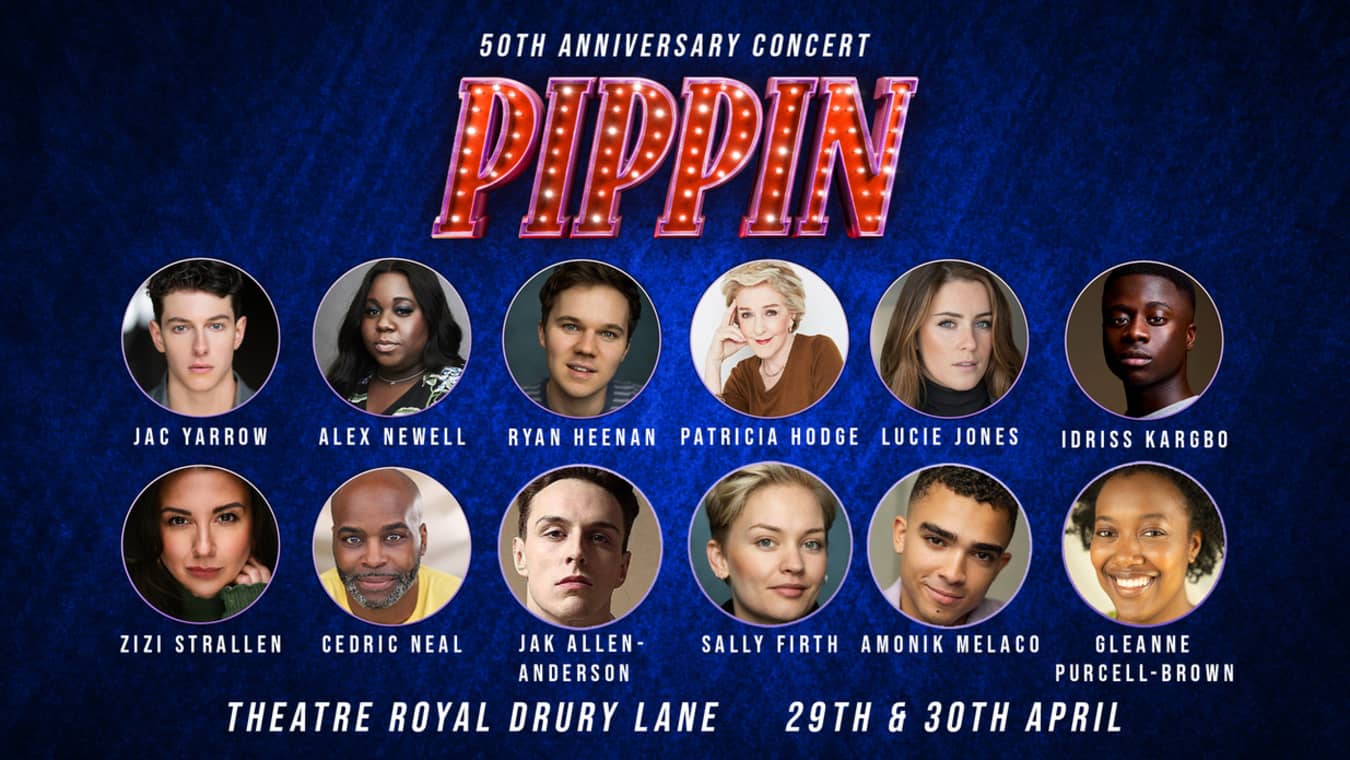
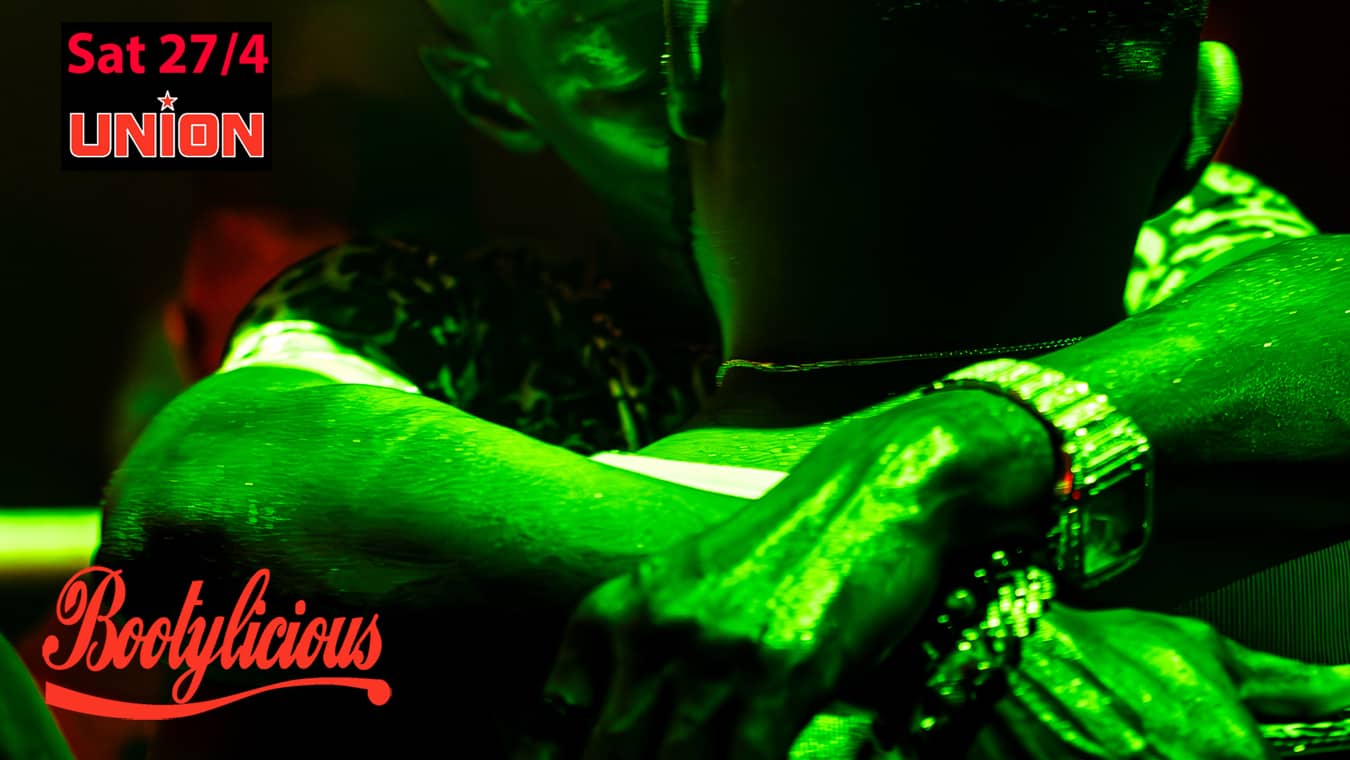
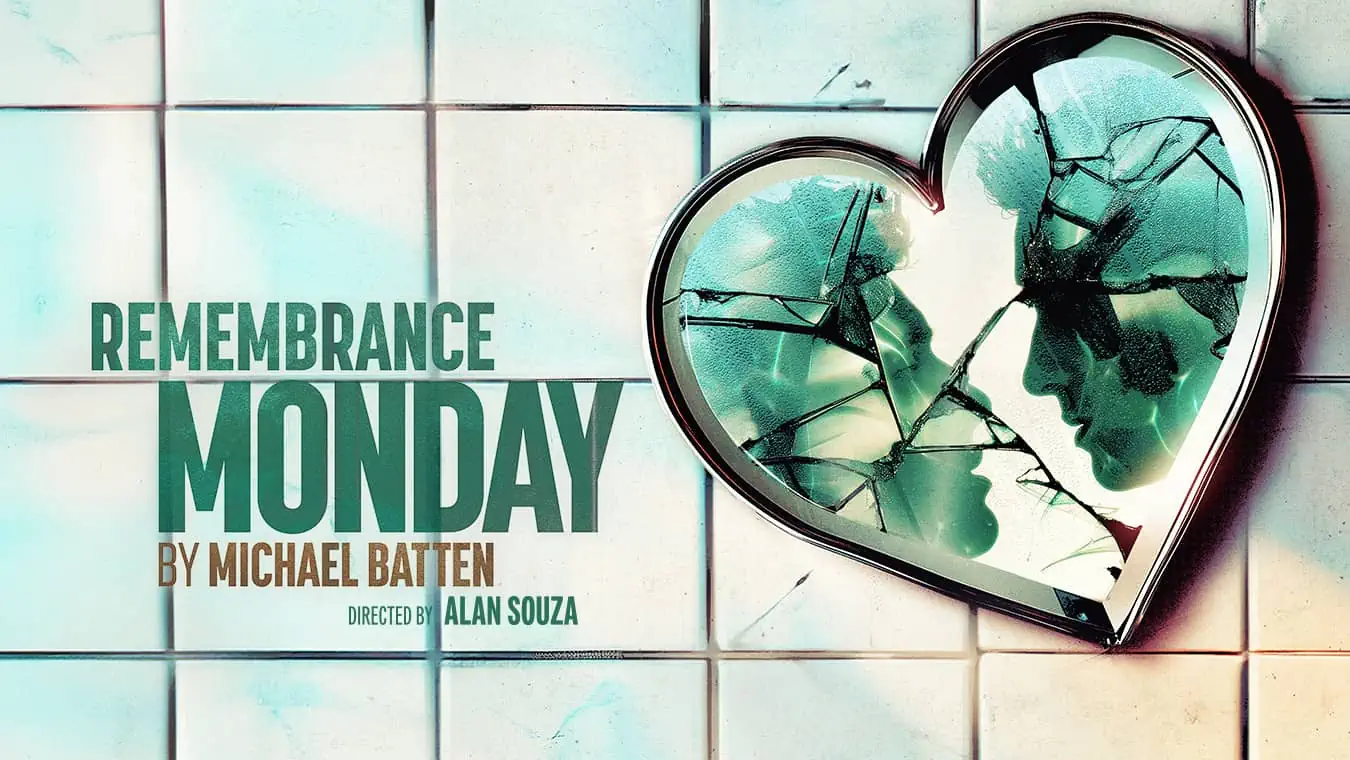


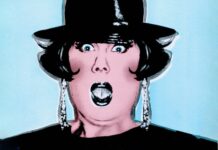
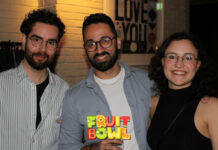
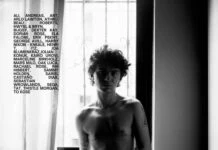
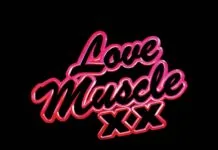


Just wish to say your article is as astounding. The clarity in your submit is simply
spectacular and that i can think you are an expert in this subject.
Fine with your permission allow me to seize your feed to keep updated with forthcoming post.
Thank you a million and please continue the enjoyable work.